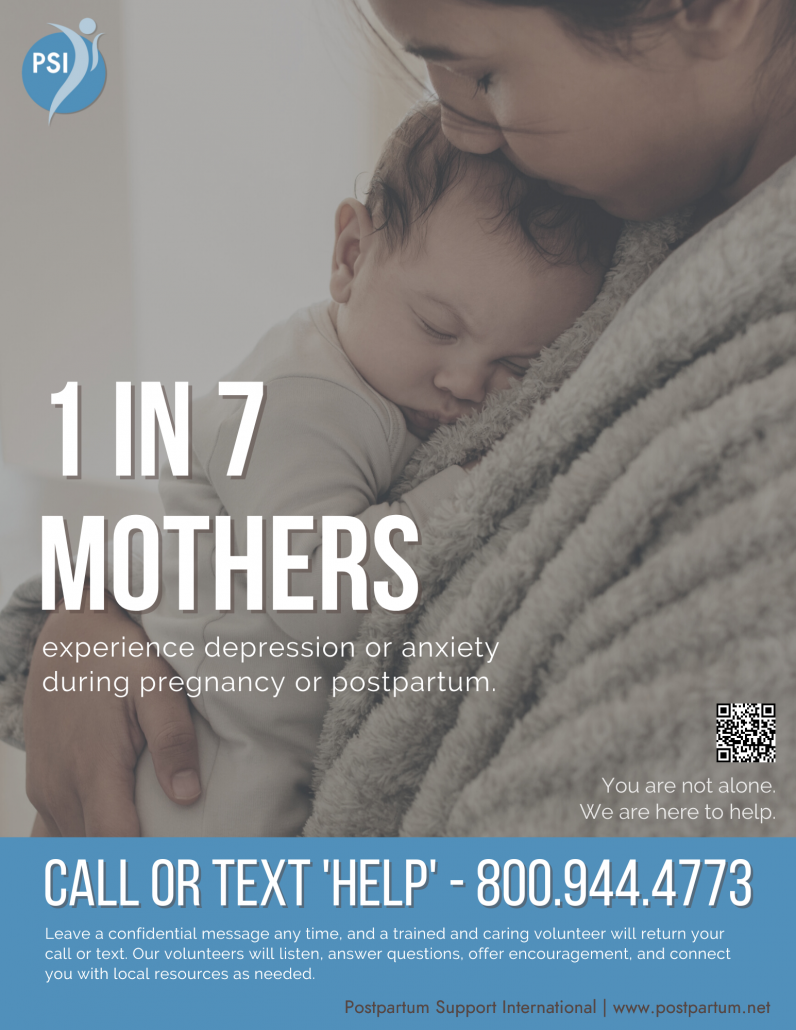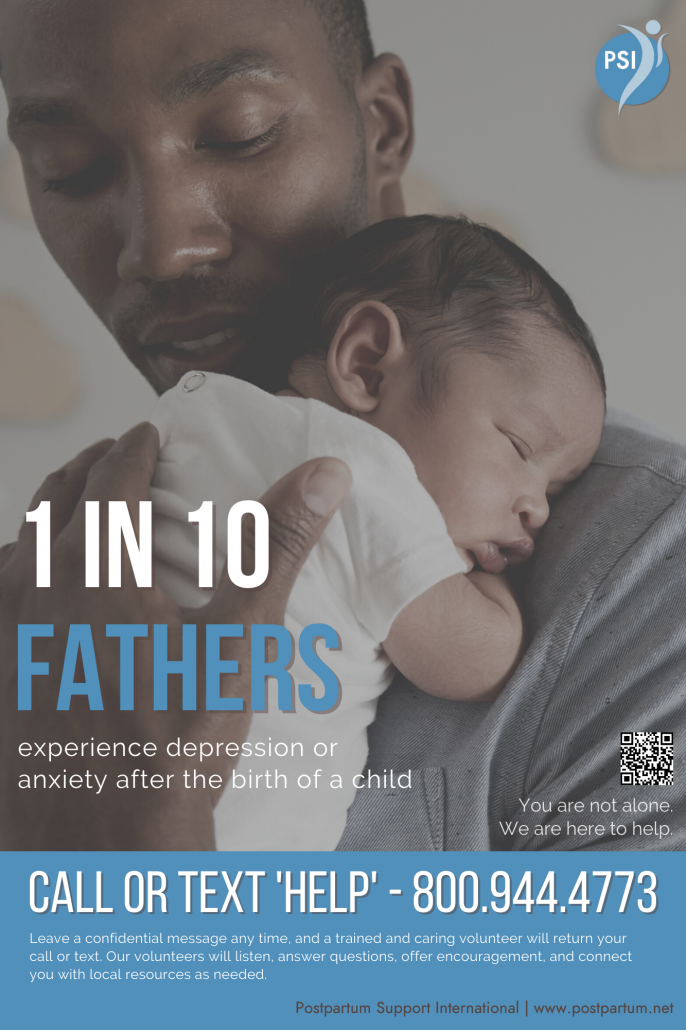Parental mental health
I’m a mom and in the stage of life of observing many loved ones and clients go through the joys and challenges of parenthood. I’m also a curious introvert and, at my core, a forever student and lover of science and research. As such, you can find me curled up with books on parental mental health, completing trainings through Postpartum Support International (of which I am a member), and quickly working towards my certification in Perinatal Mental Health. I’m here for you. Postpartum Support International also offers various fabulous resources, including many free, virtual support groups and a helpline (800-944-4773).
therapy in the perinatal period
The perinatal period, which lasts during pregnancy and the first year postpartum, is such a transformative time during which parents experience such a wide variety of emotions and experiences. While much of the experience is wonderful, it can also be HARD. There is an increased risk during the perinatal period of mood and anxiety disorders. Depression in the perinatal period is the most underdiagnosed obstetric complication in America! This blows my mind. It is so common that 400,000 infants are born to mothers experiencing depression each year in the US (Earls, M., 2010). So to say if you’re reading this page “you’re not alone” is a huge understatement. Mood and anxiety disorders in the perinatal period can affect anyone. Perinatal depression affects one out of every 5 to 7 women in this period and every 1 out of 10 men, according to the American College of Obstetrics and Gynecology. Others experience perinatal anxiety, panic disorder, post-traumatic stress disorder obsessive-compulsive disorder, or psychosis. There is often stigma and shame around these experiences. Parents feel the burden of the expectation that they feel blessed, ecstatic, etc. in their role as parents. But, let’s think for a moment about what parents go through during the perinatal period. Here is just a snippet:
About half of pregnancies are unplanned. So we’re starting off with a boatload of parents who for whom maybe this change was not wanted, was not easy, was not ideal timing, etc.
So many women experience pregnancies that do not lead to live births, affecting mood and anxiety in the aftermath and, potentially, in future pregnancies
Parents who carried babies have experienced the physical and hormonal changes associated with some or all of the following: pregnancy, lactation, weaning, etc.
About 1/3 of women have a traumatic experience during childbirth
Breastfeeding/Chestfeeding does not always come easily or naturally
Babies don’t sleep (at least not for long enough, at the right time, etc.), and I’m leaving it at that :)
Some parents face stressors related to infants’ health, including separation from babies on extended NICU stays
And this is really just some of the challenges new parents face. It’s okay that it’s a hard time, and it’s okay to seek help and support. It’s actually more than okay… you deserve to feel well and whole.
I use evidence-based treatment methods to work with clients facing challenges in the perinatal period: Cognitive Behavioral Therapy (CBT) and Interpersonal Therapy (IPT). I also have expertise in couples therapy, often helpful for parents struggling during this major life transition. Please schedule a consultation with me to see if we might be a good fit.
My practice is entirely virtual. No need to change out of your jammies or worry about baby’s nap, feeding schedule, etc. Meet with me from the comfort of your own home. Feel free to have baby with you, if you prefer. Or, if you need to get out of the house all alone, find a relaxing, private space to join me.
Therapy for parents after the perinatal period
I was in a training recently when a presenter commented that once you have a child, “you’ll always be postpartum.” I thought that was a wise insight. We’re forever changed by the addition of a family member and by the transition from being an independent (or perhaps partnered) adult to being a parent. My husband asked my father (a dad to 3 adults) recently, “what’s the hardest age for being a parent?” We were expecting a response about the terrible twos or sullen teenhood, but my dad glibly responded, “30.” All this to say, the parenting journey is a long, winding road, with all sorts of twists and turns, ups and downs, moments of fear and of exuberance.
Here are just a few of MANY topics that could be addressed in therapy related to your role as a parent:
Trouble finding the ever-out-of-reach sense of balance between family, work, and various other competing demands (I could talk “mom guilt” all day long! And dads, I see you, too.)
Navigating challenges in your bond(s) with your child(ren) or your partner
Uncertainty about how to navigate parenthood and about the kind of parent you want to be (but maybe you know you want to be different from your own parents and other models you’ve had of parenthood)
Trouble navigating blending families and forming a new family identity or challenges with co-parenting
From when I started my therapy training in 2011, I have seen both adults and children for therapy. Starting in 2022, I began to restrict my practice to adults. That being said, I love kids, I have expertise related to children’s mental health and parenting, and I am happy to do some psychoeducation with parents as part of their therapy on topics like parent-child relationships and effective discipline.

